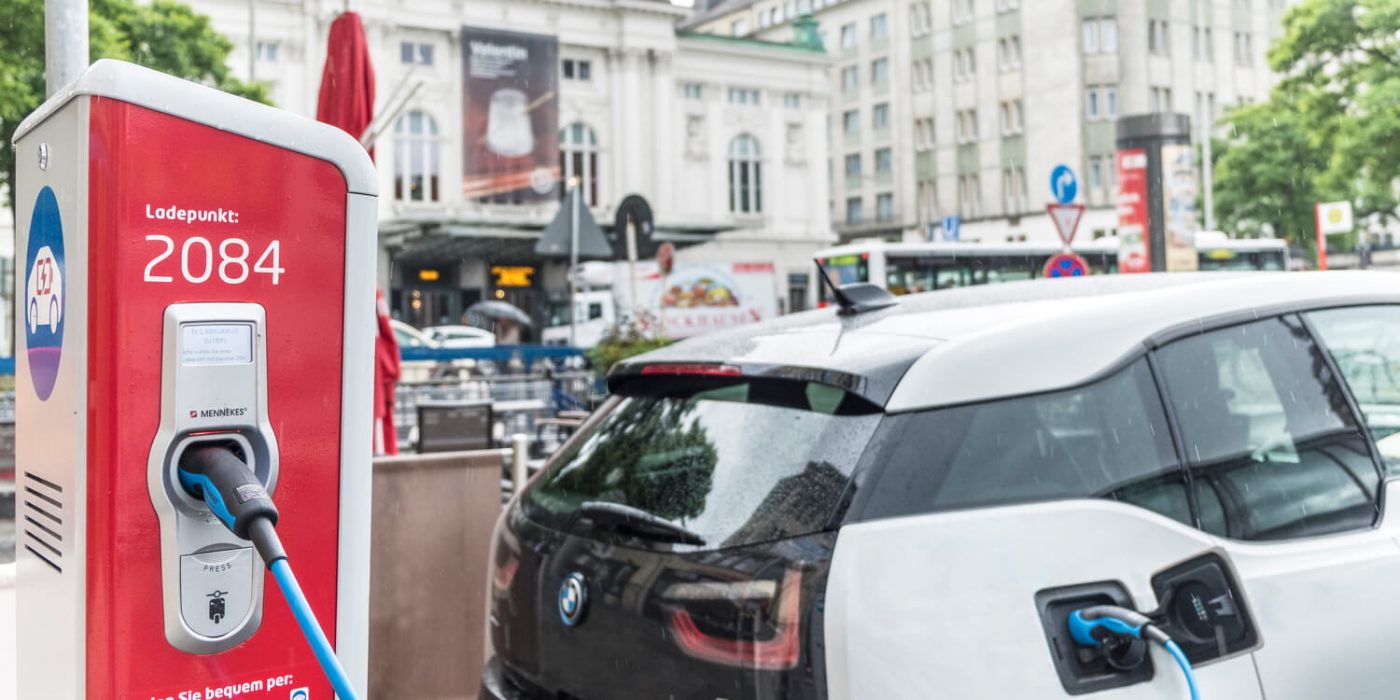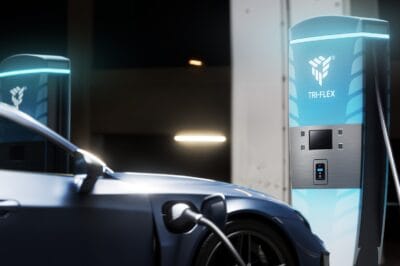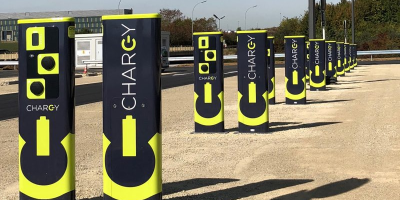Hamburg aims for 7,400 decentralised charging points
The German port city of Hamburg has launched the large-scale ELBE project together with a wide range of partners. The aim is to install 7,400 private charging points for tenants, apartment owners, employees and their employers but to manage these in a decentralised manner.
ELBE stands for ‘ELectrify Buildings for EVs’ and represents a federal model project that will run for several years. The initiators in Hamburg are striving for a massive expansion and conversion of private residential and commercial buildings, company premises, and multi-storey car parks ready to accommodate electric vehicle charging.
One key aspect of this project is the idea of smart, and in this case, decentralised energy management, meaning that “the additional energy demand (will be met) even without expanding the grid,” according to a press release. This is to be achieved by the distribution network operator ensuring predictive network control via an interface between the decentralised charging points on site and the central load management required for supply security.
In addition to the rapid expansion of the charging network in the private sector – at home, at work or in the company fleet – the project, therefore, focuses on the digitalisation of electricity grids. Against this background, the Smart Meter Gateway communication platform is to facilitate smart charge management. In concrete terms, the management tool enables the grid operator to reduce the flow of electricity to the charging points if required. The initiators consider this essential in order to ensure “the grid-compatible expansion of electromobility and the related security of supply in the energy grids”.
The project requires an estimated investment of 21 million euros, with the Federal Ministry for Economic Affairs and Energy (BMWi), alone contributing 14 million euros. The overall coordination lays with Hamburg’s Departmental Authority for Economic Affairs, Transport and Innovation (BWVI), while the hySOLUTIONS GmbH is responsible for project management. Also on board is the IFB Hamburg that is the city’s investment and development bank, the network operator Stromnetz Hamburg, grid operators as well as investors from the local economy and the real estate sector. Helmut Schmidt University is also providing scientific support for the project.
Senator Michael Westhagemann sees the project as a clear message: “We are already succeeding today in actually achieving this kind of sector coupling in everyday life.” At the same time, he appeals to all Hamburg companies, employers and the real estate industry to join in an electric future for the port town.
Meanwhile, more than 850 charging points are available in Hamburg’s roads. According to the city, 175,000 charging processes are now carried out annually. The northern town itself has a goal of having more than 50,000 electrified vehicles within five years and is advancing to become a model town for electric mobility initiatives.
hamburg.de (original source, in German)
Additional reporting by Nora Manthey.





0 Comments